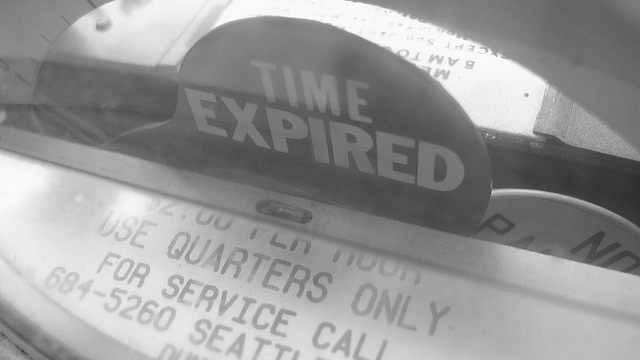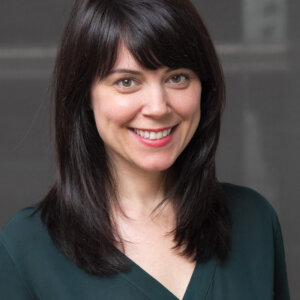Accelerating Change Series: Open Data for Open Parking Spaces

How can technology that is being developed today provide us with new opportunities to connect to the places where we live, work and play? On Friday, Oct. 18, 2013, Chicago Ideas Week brought together six thought leaders who understand that the solutions we need for our cities moving forward should be focused on efficiency and convenience, and address our engagement and interaction with the environments we move through each day. A powerful and honest talk on the social health and physical vitality of our cities today, Cities: Concrete Solutions discussed the ever-changing nature of our urban centers, our inherent need for flexible systems and technology’s role in fostering thriving cities amidst the heavy demands of population growth, aging infrastructure and natural resource depletion.
Perhaps no one highlighted the merits of a technology-driven response to complex urban challenges better than Streetline Founder & CEO Zia Yusuf. Yusuf’s company provides innovative parking solutions for cities and university campuses in an age when, as the Streetline website notes, “30 percent of urban traffic is caused by motorists looking for parking.” Streetline has collaborated with city officials and university administrators around the globe to explore dynamic pricing, demand trends for parking in targeted areas and strategies for relieving traffic congestion. Streetline’s app, Parker, is the consumer-oriented product of Yusuf’s start-up, and has proven to be a highly useful tool for residents and commuters who increasingly depend on mobile devices to make real-time transportation decisions. Yusuf emphasized the idea of the “internet of things” as a means of smart progress—software placed within physical infrastructure (in the case of Streetline, sensors in the pavement) provides new channels for data collection and distribution. Investing in technology has paid off; Streetline is now working with over 40 cities and universities in North America and Europe to capture important metrics that increase efficiency and promote economic growth.
Through Chicago Metropolitan Agency for Planning’s Local Technical Assistance program, Metropolitan Planning Council (MPC) is working with the Wicker Park Bucktown Chamber of Commerce to analyze potential strategies for mitigating parking congestion, which not only annoys drivers but also harms the environment and costs local businesses customers as they drive away. In order to free up parking spots for those who need them, MPC is evaluating tools such as combined loading zones and parking permit processes, as well as technological approaches like Parker that help people find available spots. In addition, MPC is looking at variable priced parking, which charges different rates for parking based on shifts in demand throughout the day. This would not only help keep spots available when needed but also increase revenue that could be used for local street, sidewalk and transit improvements.
At the Chicago Ideas Week event, Yusuf discussed how Streetline has already successfully implemented a similar program in downtown Los Angeles by using data collected from their parking sensors to provide recommendations for a dynamic pricing model. In this way, MPC’s and Streetline’s work underscores how we can apply the technology we already have to address both problems we face on a daily basis and challenges that may arise in the future.
